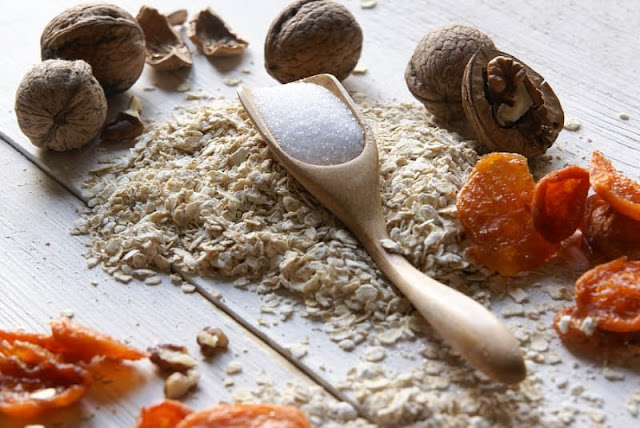
When the first no-calorie sugar substitute was released, it was seen as the solution-to-eaten caloric foods. People became finally allowed to eat their favourite cake and still be able to fit in their skinny jeans. But that was only until researches found out that the new-go-sugar was linked to cancer and made many to rethink about those promising packets. The scary news didn't stop new sugar substitutes from hitting the shelves. Many more sugar substitutes were released after that, promising individuals zero calories and the same sweet taste as real sugar. However, a study at Purdue University in West Lafayette found that lab animals given foods sweetened with artificial sweetener actually gained more weight than those who consumed regular sugar.
On the other hand are the natural sweeteners. While considered healthy, you should be careful before you buy natural sugar substitutes because there are some that contain fructose, which can also compromise your wellbeing when overindulge. Very high doses of fructose are known to cause a negative impact on your liver and is associated with obesity, heart disease and some type of diabetes. But let's be honesty: leaving life without sugar won't be the same. So, to help you buy natural sugar substitutes and still be able to enjoy all your delicious sweets, here is a list with the best and worst sugar substitutes available out there.
The Best
Stevia

Xylitol

Xylitol is a sugar alcohol extracted from corn or birch wood and found in many fruits and vegetables. With a sweetness similar to that of sugar it contains only 2.4 calories per gram, which is 40% fewer calories than sugar. What makes xylitol a great alternative to sugar is its lack of fructose, which is the main ingredient responsible for most of sugar's harmful effects. Xylitol doesn't raise blood sugar or insulin levels like sugar does and is in fact associated with various health benefits such as improved bone and dental health.
Erythritol

Erythritol is also a sugar alcohol, but with even fewer calories than xylitol; it contains only 6% of the calories of regular sugar. It also tastes almost the same like sugar, making it an easy switch. Because our bodies don't have the enzymes to break down the majority of erythritol, most of it is absorbed directly into the bloodstream and excreted in the urine unchanged. Therefore, Erythritol doesn't seem to have the harmful effects that sugar does. Erythritol has also shown not to interfere with insulin, blood sugar, cholesterol or triglyceride levels.
Coconut Palm Sugar

Derived from the sap of the coconut palm, coconut palm sugar has a few nutrients including zinc, iron, calcium, and potassium as well as antioxidants. It also contains a lower glycemic index than sugar, which may be linked to its insulin content. Insulin is a kind of soluble fibre known to increase fullness, slow digestion and feed the healthy bacteria in the gut. However, coconut sugar is very high in calories, containing the same amount of calories per serving as regular sugar.
Monk Fruit

This natural sweetener is extracted from monk fruit, a small round fruit grown in Southeast Asia. It contains zero calories and is up to 250 times sweeter than sugar. While monk fruit contains natural sugars like glucose and fructose, it gets its sweetness from antioxidants called mogrosides. During processing, mogrosides get separated from the fresh-pressed juice, so fructose and glucose are removed from the monk fruit sweetener. Research has shown that monk fruit sweetener has minimal influence on our daily calorie intake, blood glucose levels and insulin levels.
No comments:
Post a Comment